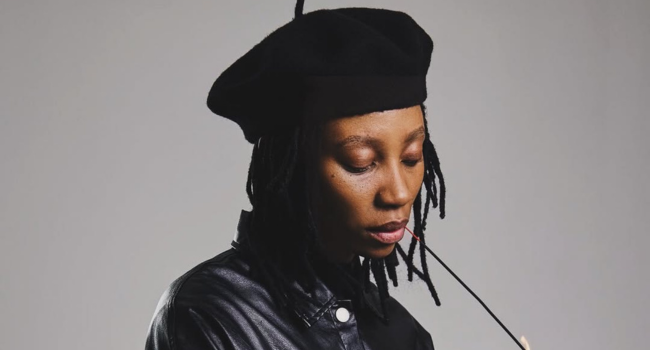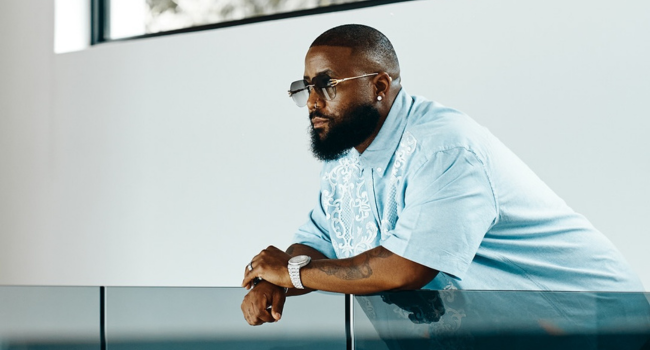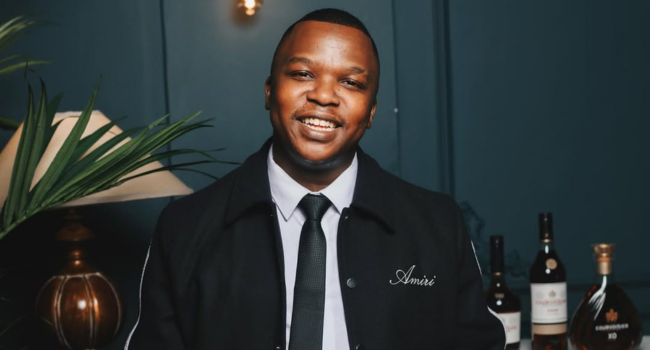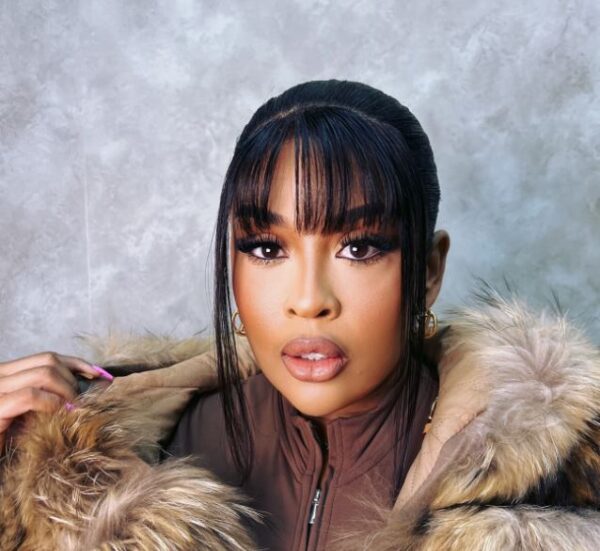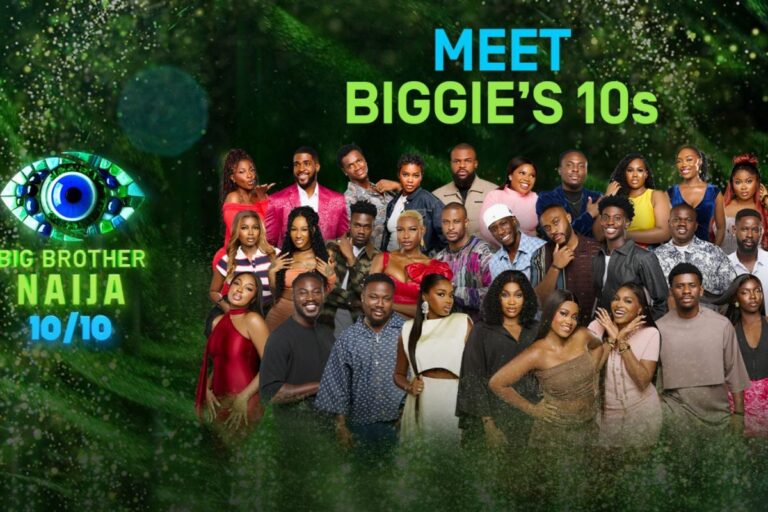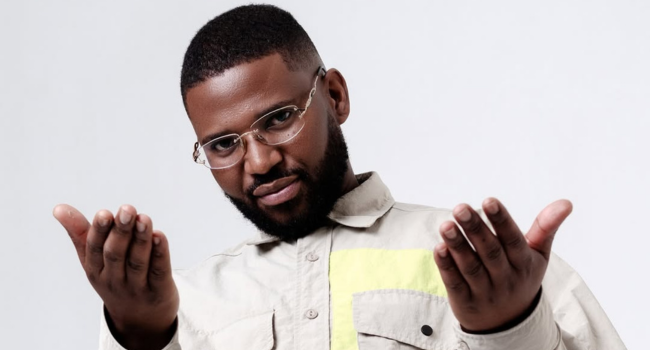
Okmalumkoolkat Completes ‘Itheku Ethekwini’ With Handmade Artwork. Okmalumkoolkat is diving into a tactile approach for the next phase of his artistry. In a recent post on Instagram, the Umlazi native shares that he is manually creating the album cover for his upcoming release, Itheku Ethekwini, “developing [the] album cover collage by hand” and “mixing photography and old tech” to encapsulate the distinctive Future Mfana vibe.
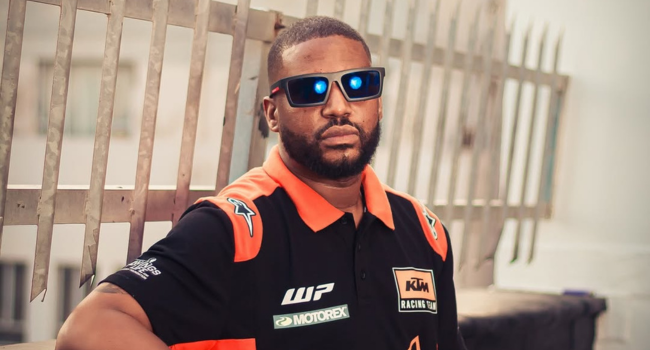
He mentions wanting to steer “all elements from the start,” yet he remains open to collaborations concerning merchandise. “Itheku Ethekwini is nearly ready for submission,” he hints, concluding with a cheerful “thokozani!”
This announcement is perfectly aligned with Okmalumkoolkat’s style—part creative studio, part cultural memorabilia. He is not only a genre-defying rapper but also a skilled visual artist whose various personas (including “Future Mfana”) reflect a journey of transforming sound, aesthetics, and software into innovative takes rooted in Durban.
Though he has not disclosed the final tracklist, the album has been developing in plain sight. In recent months, he has shared tidbits from the studio, including sessions for a track called “Boet Partytime,” positioning Itheku Ethekwini as an energetic comeback infused with local inspiration and international influences.
The collage technique for the cover is more than just stylistic; it represents a declaration of ownership. By blending photography with “old tech,” Okmalumkoolkat taps into the hands-on creativity that defined his early work, projecting it onto a contemporary landscape that feels both nostalgic and forward-looking. Anticipate visuals that will complement the sound: sharp, lively, street-influenced, and firmly planted in Durban’s dynamic rhythm.
Significantly, his request for merch partners indicates a wider collaborative framework surrounding Itheku Ethekwini: apparel graphics, collectible releases, perhaps even exclusive prints that echo the handcrafted collage, inviting designers to expand on the album’s visual essence while he maintains the narrative focus.
For someone who has consistently viewed culture as a multimedia canvas, this moment seems like a significant reawakening. The takeaway is clear: create it independently, from cover to composition, and allow the rhythm of the city to take over. With Itheku Ethekwini “almost ready for submission,” the path is set—and the Future Mfana is in charge of every detail, from visuals to verses and beats.

